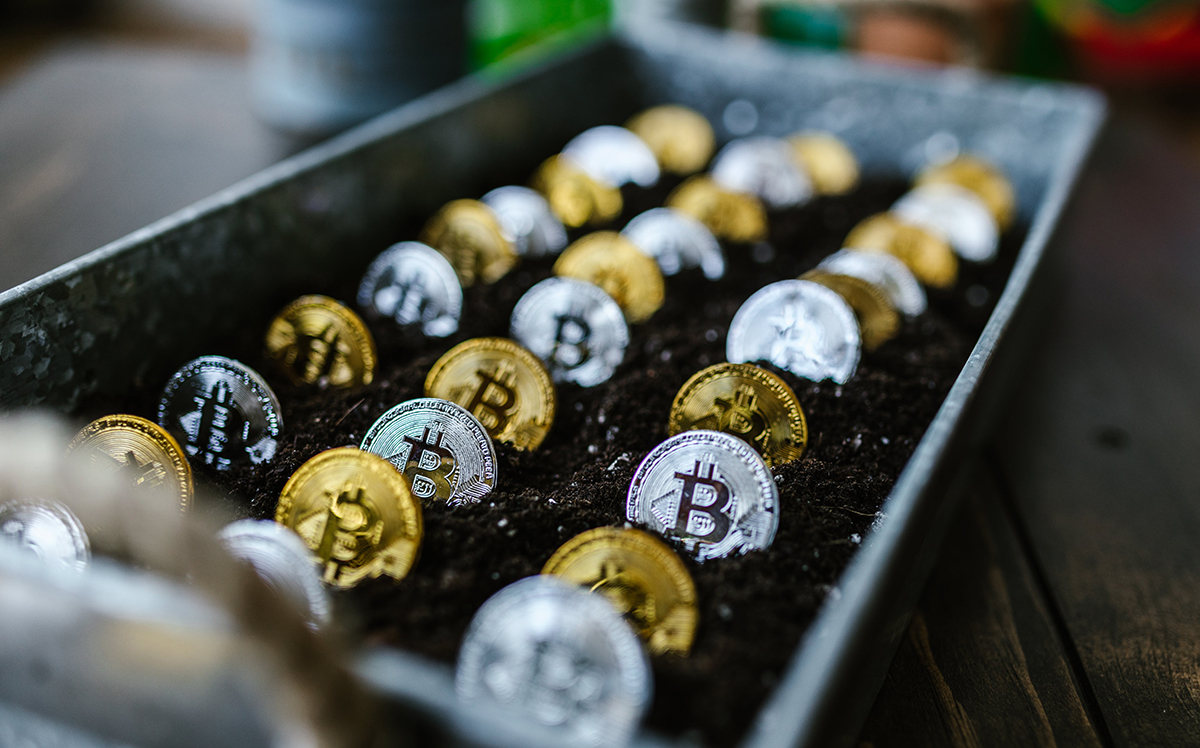Let’s get the obvious out of the way:
Cryptocurrencies – such as Bitcoin, Ethereum, Litecoin, Dogecoin, etc. – have gained extreme popularity, especially in the past few years. There are multiple reasons behind that. Apart from the obvious hype surrounding everything new, especially in the fintech world, cryptocurrencies offer a lot of advantages – such as the speed of transactions, lower transaction fees, decentralization, privacy, etc.
Regardless of whether you’re using them to protect yourself against the steady global rise of inflation, to run your business, for portfolio diversification, etc., one thing is clear: cryptocurrencies are an asset that’s becoming more and more important for how the world functions.
Crypto is not a normal asset, however.
Precisely because of some of their benefits – such as privacy and decentralization – cryptocurrencies also have serious drawbacks when it comes to accessibility compared to more traditional assets, such as bank accounts and insurance policies.
As assets, you can most definitely include them in your will and estate planning. There are many facets to that, depending on the legislation in the country you live in, but it’s generally possible to do so.
If you, however, forget or choose not to do that, there’s a serious chance your loved ones may never hear about any of your crypto assets should something happen to you. Depending on where you’re keeping your crypto, there’s a bad – and there’s a worse scenario.
Keeping crypto in a hot wallet:
One of the most popular types of hot wallets are crypto exchanges. These are platforms on which users create accounts and exchange cryptocurrencies (either for other crypto or fiat currency). One of the greatest drawbacks of keeping your cryptocurrencies on such platforms is the fact that if something happens to them, your assets might be lost irreversibly.
Another consideration here is that these platforms are not regulated by a government body (unlike banks and insurance companies). So even if the platform isn’t breached but something happens to you and your loved ones don’t know about your assets – the exchange might never try to reach them. The same goes for other types of hot wallets – like applications or online products that offer a way to store your crypto keys. Unless your loved ones know about them, the chances of them finding out on their own are virtually non-existent.
Keeping crypto in cold wallets:
Cold wallets, unlike hot ones, don’t need an internet connection to allow you to use your crypto keys. There are multiple examples, but pen and paper is one (albeit primitive) of them; and USB thumb drives are one of the most popular ones as well. The obvious benefit here is that you’re not dependent on an external application or provider to preserve and use your crypto.
However, just like any other crypto wallet, unless your loved ones know about your assets – if something happens to you, they might never find out about them.
Regardless of how you keep your crypto, unless your loved ones know about it, they aren’t likely to ever find out and your assets will be lost to them. Which, in all fairness, is likely to happen with all other traditional assets – such as bank accounts, insurance policies, safety deposit boxes, digital accounts, and collections, etc. – unless your beneficiaries are aware of them.
So, is there a win-win here?
Absolutely! As we’ve explored above, crypto assets aren’t much different from any other more traditional asset when it comes to inheritance. If there’s a lack of information and your beneficiaries aren’t aware of them, they might never find out about any of your assets.
What you can do is:
- Use a digital inheritance service like DGLegacy:
As pioneers in digital inheritance, we’ve created our application solely to give our members peace of mind and a secure way to catalog their assets and explicitly state what should happen in case they pass away. You are given absolute control over whether to immediately notify your loved ones when you assign assets to them or to let the system do that for you automatically only in case it detects a fatal event. Apart from making sure your loved ones are aware of your assets, our application provides a secure platform for you to catalog each and every one of your assets with as much or as little information as you like.
- Create a will:
It might not seem obvious, but creating a legal will is one of the best ways to ensure your loved ones are taken care of when you pass away. It gives you absolute freedom to specify what happens to your assets and ensures your family gets that much-needed support in the most difficult of times. Including your cryptocurrency here ensures it won’t be lost.
- Plan your estate:
The estate plan includes a will, but it also includes other documents that handle the same aspects of your property and family members in case you’re incapacitated. They can go hand in hand and one doesn’t exclude the other (they rather complement each other).



